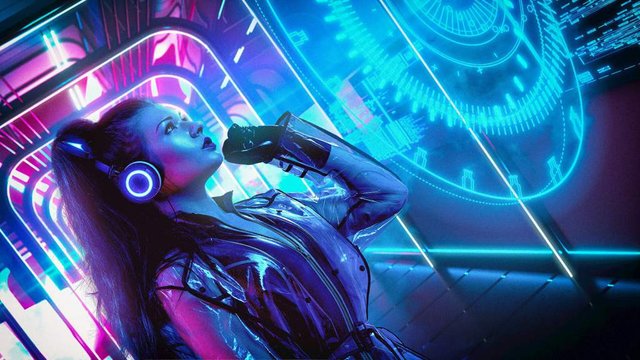Programmers generated “every possible” melody and made it into the public domain
Damien Riel and Noah Rubin want musicians to stop suing because of copyright to the works.

Programmer, musician and copyright lawyer Damien Riel and programmer and musician Noah Rubin developed an algorithm that recorded every possible combination of eight notes and 12 measures. They talked about their work at TEDxMinneapolis.
By law, a tune is considered to be automatically protected by copyright, as soon as it is presented in a reproducible format - this may be MIDI.
A dataset with music files is available on the Internet Archive. Ringtones are licensed under a Creative Commons Zero license, meaning they are in the public domain.
https://archive.org/download/allthemusicllc-datasets

According to the authors of the project, the algorithm works at a speed of 300 thousand melodies per second and as a result generated “all possible” MIDI melodies. The resulting 68.7 billion melodies Ril and Rubin recorded on the hard drive - it turned out 2.6 terabytes,
Riel and Rubin have published all the tunes under a Creative Commons Zero license, which allows them to make the works practically “public domain,” Vice notes. They also posted the algorithm code and all the generated tunes on Github.
It is unclear whether the melodies already created and copyrighted are included in the 68 billion generated combinations.

Composers often receive claims of copyright infringement on other people's works - which they could never have heard or copied unconsciously in their lives - and defense in court can cost millions of dollars, Ril says. But from the point of view of mathematics, there are only 7 notes, and the possible number of melodies is not infinite, therefore, over time, cases of plagiarism will inevitably become more and more. The developers hope that the project will save the musicians from persecution, since in court it will be possible to confirm the fact of the earlier creation of melodies.
I think this is not quite the right approach, since now new works are losing their uniqueness. If earlier the composer could compose a melody that will become a hit in a few years, now it may already be there.
What do you think about this?
The future of social networks! Part 1.